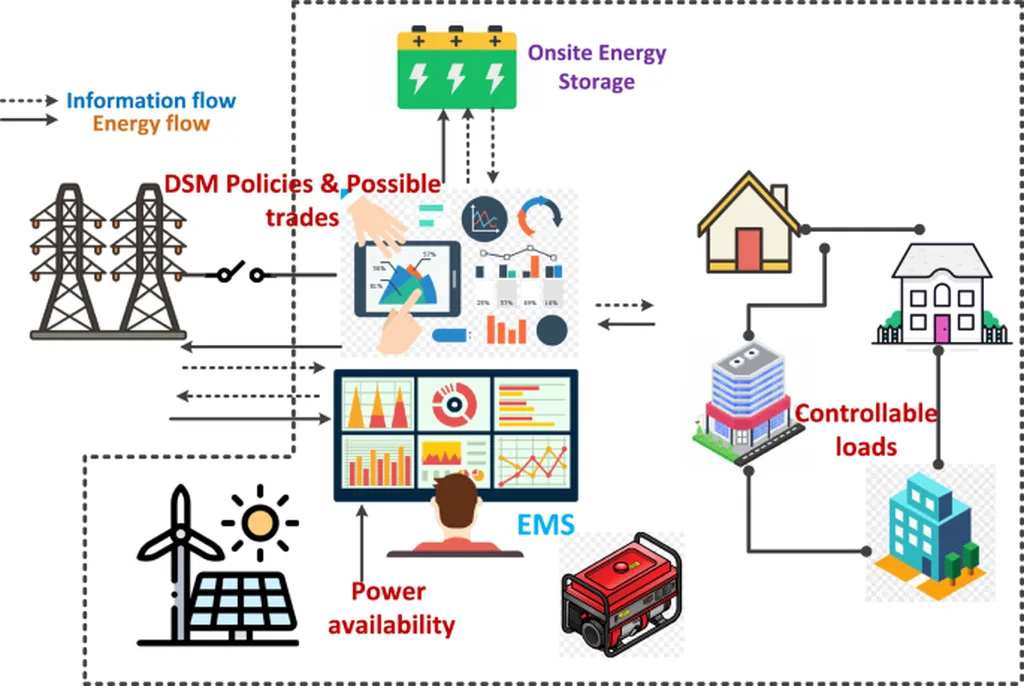In the quest to optimize off-grid power systems, researchers have turned to machine learning algorithms to forecast power quality parameters, potentially revolutionizing how we manage and integrate distributed energy resources. A recent study published in the journal Energies, led by Ibrahim Jahan from the ENET Centre at VSB—Technical University of Ostrava, has compared the performance of four forecasting methods to predict electric power quality parameters (PQPs) in small-scale off-grid environments.
The study focused on four forecasting methods: Bagging Decision Tree (BGDT), Boosting Decision Tree (BODT), and the K-Nearest Neighbor (KNN) algorithm with k=5 and k=10. The goal was to find a relationship between input variables such as weather conditions, past PQPs, and power consumption of home appliances, and the target outputs, which included voltage amplitude, Voltage Total Harmonic Distortion (THDu), Current Total Harmonic Distortion (THDi), Power Factor (PF), and Power Load (PL).
The results were promising. BGDT outperformed other methods in forecasting THDu, THDi, and PF. BODT showed good results for PL prediction, while KNN with k=5 excelled in PF prediction. KNN with k=10 provided acceptable results for voltage amplitude and PF. Notably, the KNN algorithm was also more time-efficient compared to ensemble decision trees.
“This study demonstrates the potential of machine learning algorithms in enhancing the management and reliability of off-grid power systems,” said Ibrahim Jahan, the lead author of the study. “By accurately forecasting power quality parameters, we can better integrate distributed energy resources and support smart grid control and planning strategies.”
The implications for the energy sector are significant. Accurate forecasting of power quality parameters can lead to better management of off-grid systems, enhancing their reliability and efficiency. This is particularly important as the world moves towards decentralized energy systems and the integration of renewable energy sources.
As Jahan noted, “The ability to predict power quality parameters can support the development of smart grids, which are crucial for the future of energy systems.” The study’s findings could pave the way for more sophisticated and efficient off-grid power systems, ultimately contributing to a more sustainable and resilient energy future.
Published in the open-access journal Energies, this research highlights the growing role of machine learning in the energy sector, offering a glimpse into the future of power system management. As the world continues to grapple with energy challenges, such innovations could play a pivotal role in shaping the energy landscape.

